As we celebrate Social Media Month and look forward to World Social Media Day on June 30th, it’s crucial to reflect not only on what we should do but also on what we should avoid doing on social media. Navigating the social media landscape responsibly means understanding the pitfalls and steering clear of actions that can damage your brand’s reputation. Here’s a guide on what not to do, complete with examples to illustrate each point.
Avoid partisan political endorsements.
Endorsing political candidates or parties can alienate a portion of your audience and create unnecessary division. Especially now, in 2024, an election year in full force globally, it is necessary for brands to maintain a neutral attitude regarding political positions.
Example: Under Armour faced backlash when its CEO made comments that were perceived as supportive of a controversial political figure. The brand had to work hard to clarify its stance and regain trust from its customer base. Read more about this topic.
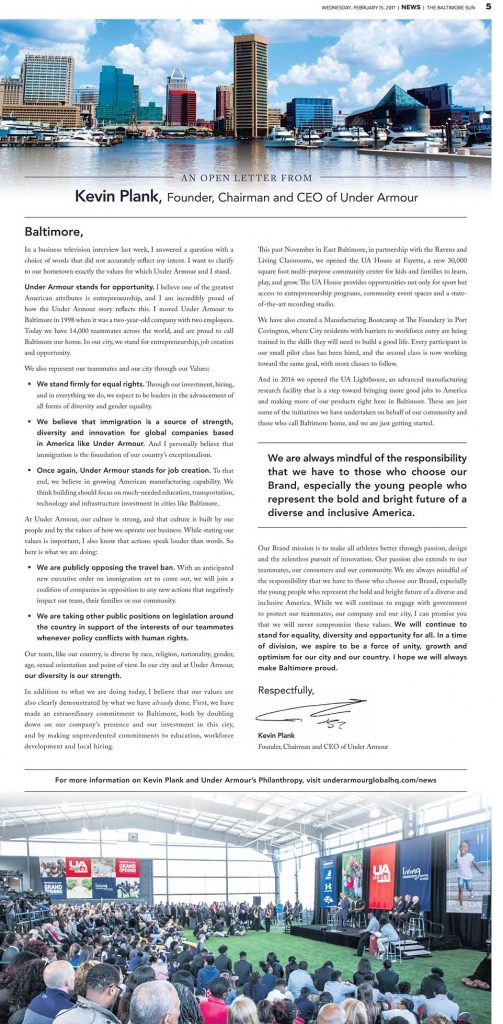
Don’t exploit Pride Month.
We are in June, that is PRIDE month, and for this reason we prioritize this recommendation. While supporting the LGBTQ+ community is important, using Pride Month solely for marketing purposes without genuine commitment it’s not nice and can backfire.
Example: Several brands have been criticized for “rainbow-washing”—changing their logos to rainbow colors during Pride Month without supporting the LGBTQ+ community through policies or actions:
In 2019, M&S launched a “LGBT” sandwich (lettuce, guacamole, bacon, and tomato) for Pride Month. The move was criticized for being a superficial attempt at supporting the LGBTQ+ community without making any substantial contributions or policy changes within the company. Read more about this topic.
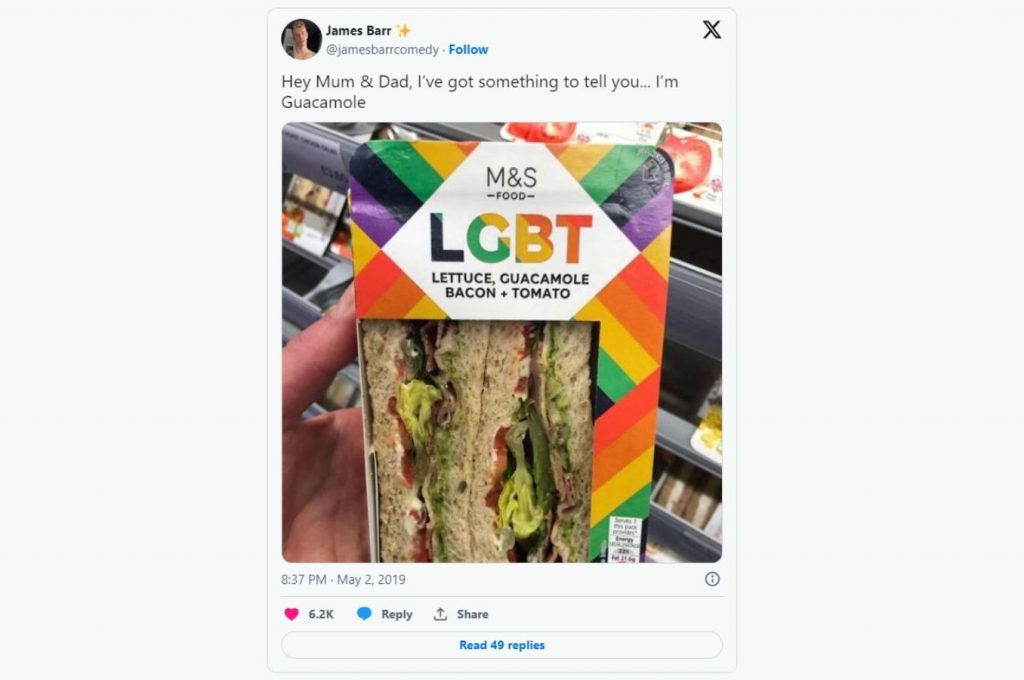
Despite showing support for Pride Month with rainbow-themed logos and marketing campaigns, AT&T has faced criticism for donating substantial amounts to politicians with anti-LGBTQ+ voting records, highlighting a disconnect between their public messaging and behind-the-scenes actions. Read more about this topic.
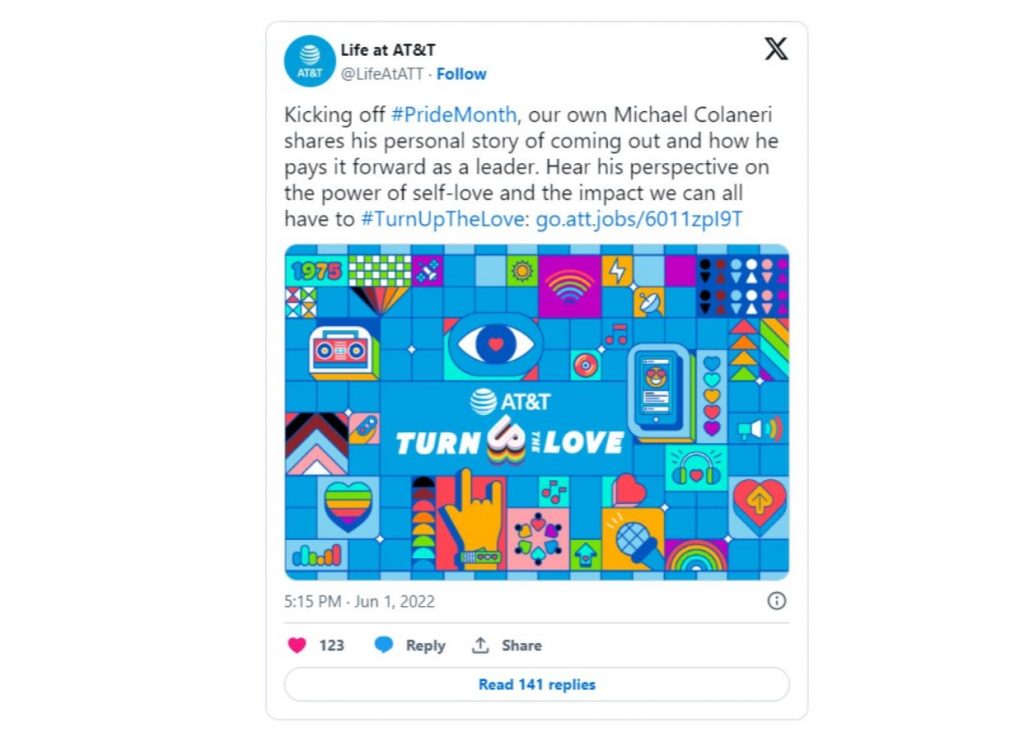
Listerine launched a rainbow-themed bottle for Pride Month, promoting it with the slogan “Bring Out the Bold.” However, the campaign was criticized for lacking any genuine support for the LGBTQ+ community beyond the superficial packaging change. Critics pointed out that the brand did not demonstrate any ongoing commitment to LGBTQ+ issues or contribute to relevant causes. Read more about this topic.
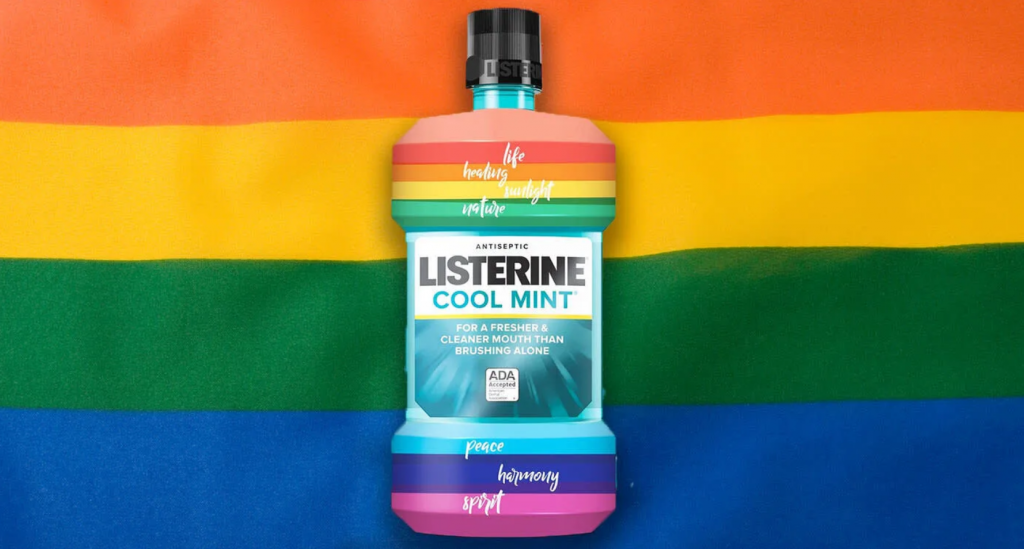
Burger King introduced a “Pride Whopper” with identical buns (either two top buns or two bottom buns) to celebrate Pride Month. While the promotion garnered attention, it was also criticized for being a gimmicky attempt at capitalizing on Pride without any substantial support for LGBTQ+ organizations or initiatives. The campaign was seen as an instance of rainbow-washing, focusing more on marketing than on meaningful advocacy. Read more about this topic.
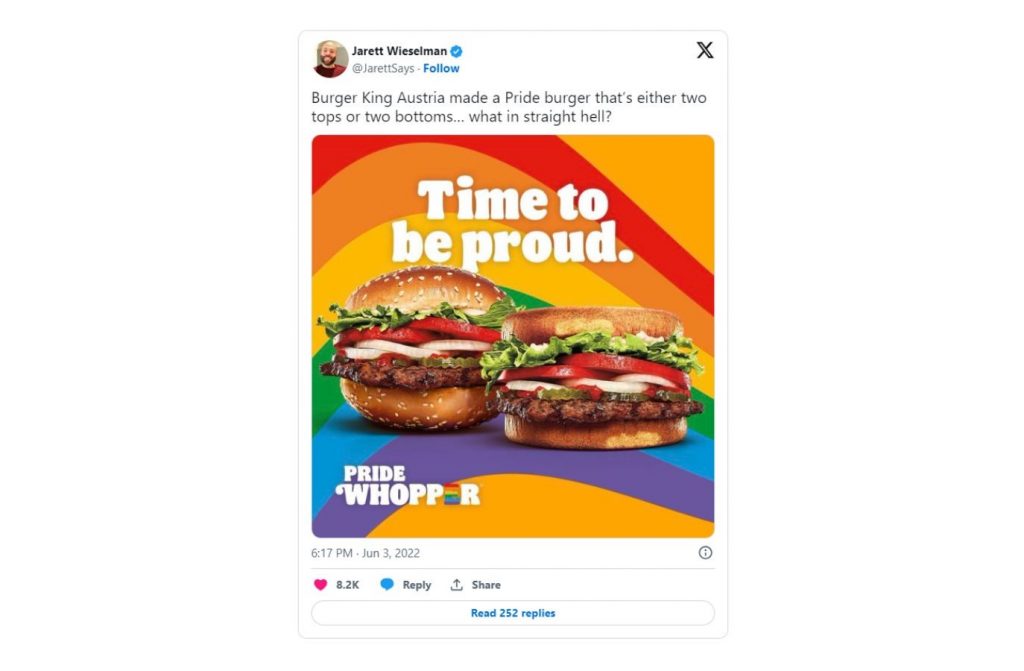
No sensitive topic jokes.
Making jokes about sensitive topics like politics, LGBTQ+ issues, or social justice movements can easily backfire and harm your brand’s reputation.
Example: DiGiorno Pizza once used the #WhyIStayed hashtag (which was trending for discussions about domestic violence) to promote pizza, causing a major backlash and a quick, public apology. Read more about this topic.
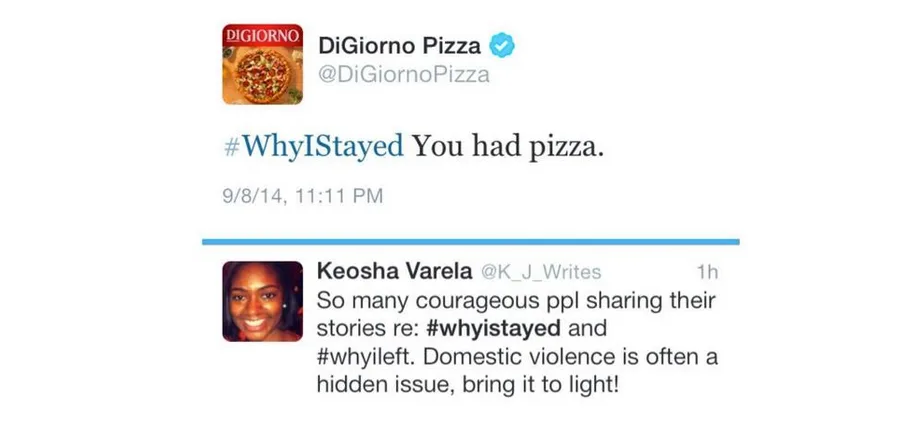
Don’t ignore current events.
Posting irrelevant or overly promotional content without acknowledging significant current events can come across as tone-deaf.
Example: L’Oréal Paris faced backlash during the Black Lives Matter protests in 2020. The brand posted a statement supporting the movement, but this was quickly criticized because they had previously fired a black transgender model, Munroe Bergdorf, for speaking out against racism. The public saw this as a lack of genuine commitment to the cause, highlighting the importance of consistency and genuine support in social media messaging. Read more about this topic.

Avoid controversial opinions.
Refrain from sharing controversial personal opinions or content that could be divisive, especially during heightened political and social awareness periods.
Example: CrossFit faced major backlash and lost partnerships after its CEO tweeted controversial opinions about the COVID-19 pandemic and social justice movements. Read more about this topic.
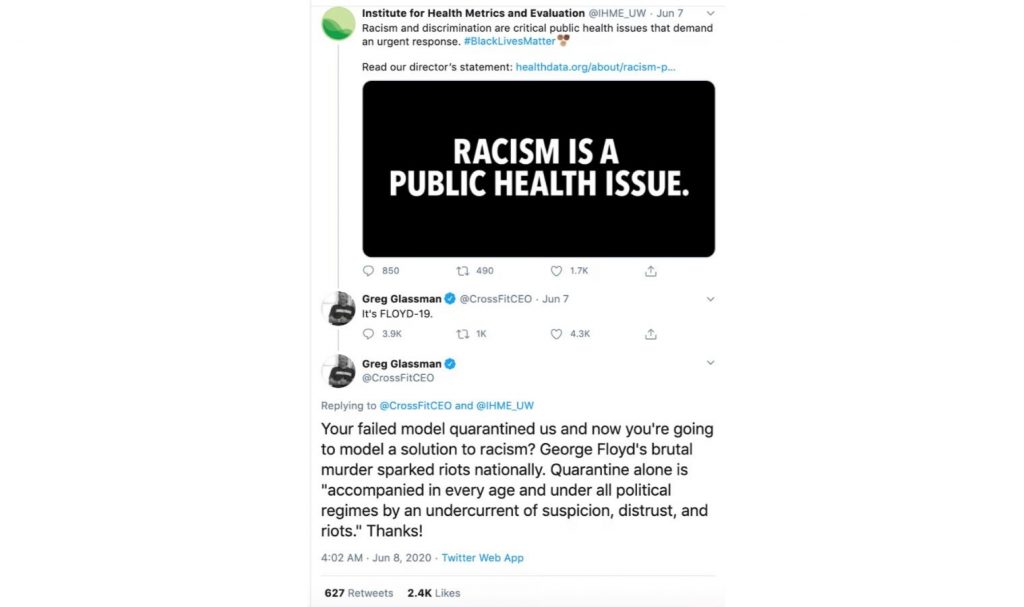
Don’t neglect community management.
Ensure timely and thoughtful responses to comments and messages. Ignoring your audience during sensitive times can lead to negative perceptions.
Example: United Airlines faced severe criticism for its poor handling of a passenger incident, exacerbated by their slow and inadequate responses on social media. Read more about this topic.
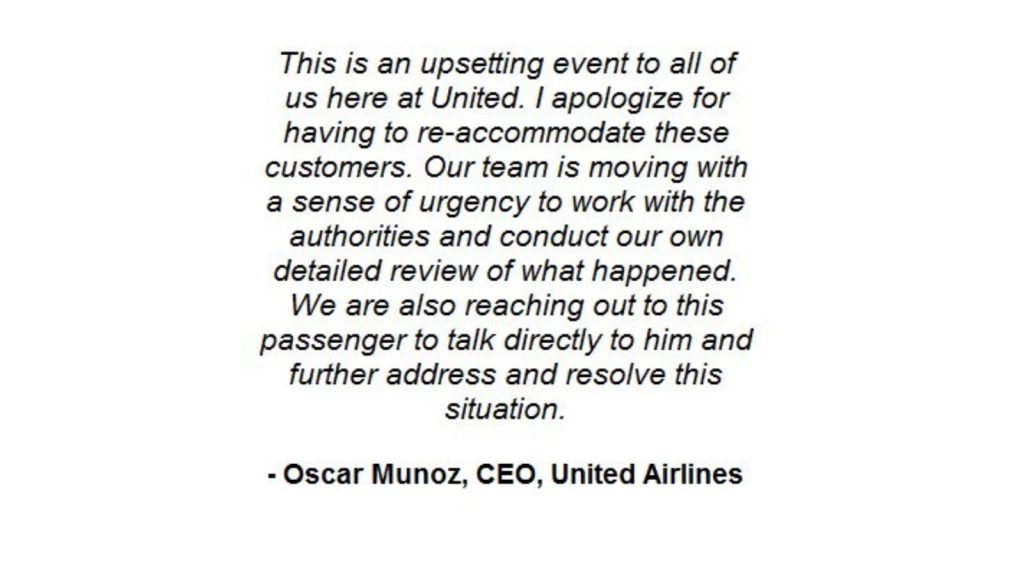
Avoid overloading with hashtags.
Using excessive or inappropriate hashtags to hijack trending topics related to elections, Pride Month, or significant events can be seen as opportunistic. As in the DiGiorno Pizza example above, using the wrong hashtag can have serious consequences.
Example: Total Beauty once mistakenly used a hashtag related to the Oscars with a tweet confusing Whoopi Goldberg with Oprah Winfrey, showing the importance of thoughtful and accurate hashtag use. Read more about this topic.

No stereotyping or generalizations.
Avoid using stereotypes or making generalizations about any group, especially in content related to Pride Month or political issues.
Example: H&M faced backlash for a racially insensitive advertisement featuring a child wearing a hoodie with a controversial slogan, highlighting the need for sensitivity and awareness in marketing. Read more about this topic.
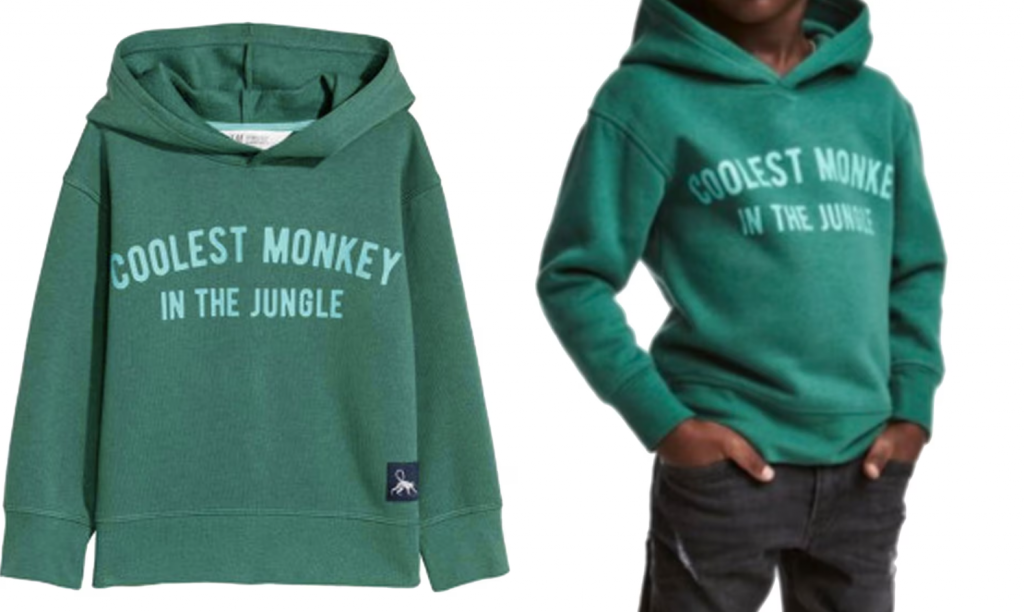
Don’t be silent on important issues.
While avoiding controversy is important, complete silence on critical issues can also be detrimental. Balance your content with appropriate and genuine support for relevant causes.
Example: Brands like Nike have successfully navigated this by taking a stand on important issues, such as racial equality, even if it means facing some backlash. Silence in such cases can be seen as complicity or indifference. Read more about this topic.
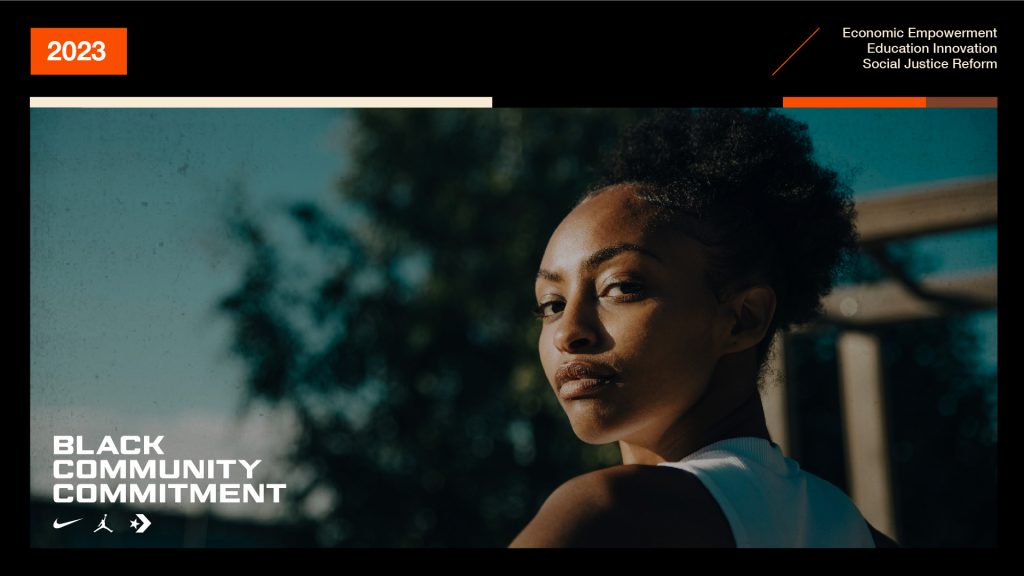
Our conclusion.
Navigating social media responsibly involves not only knowing what to do but also being acutely aware of what not to do. By avoiding sensitive topics online and significant mistakes, you can maintain a positive and respectful brand presence.
Let’s commit to using our platforms wisely, making thoughtful decisions, and contributing positively to the social media landscape.
If you need a well-defined marketing strategy and you are looking for a complex team to help you position your business in an optimal way on the market, leave us a message.


